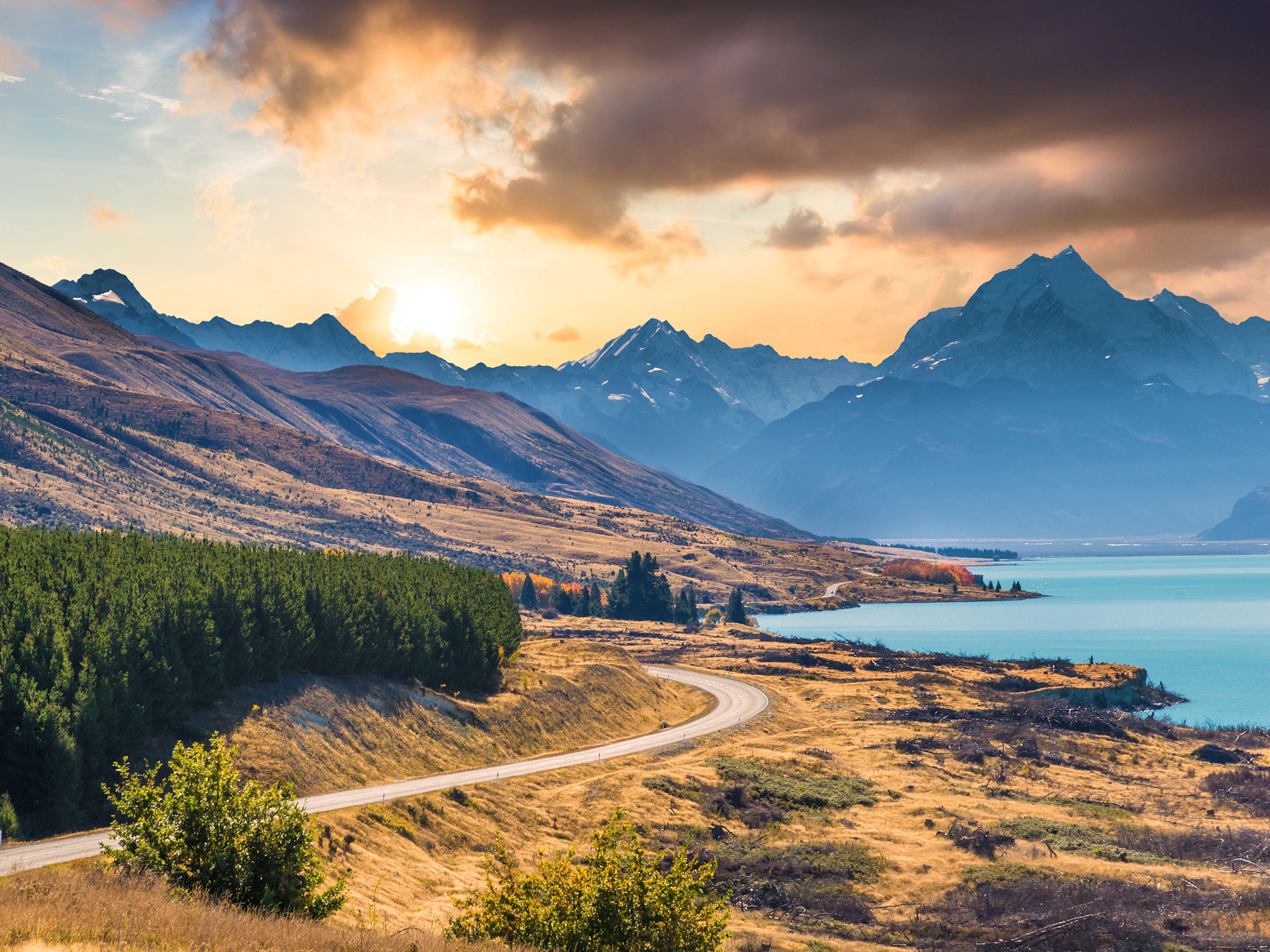Your support helps us to tell the story
From reproductive rights to climate change to Big Tech, The Independent is on the ground when the story is developing. Whether it's investigating the financials of Elon Musk's pro-Trump PAC or producing our latest documentary, 'The A Word', which shines a light on the American women fighting for reproductive rights, we know how important it is to parse out the facts from the messaging.
At such a critical moment in US history, we need reporters on the ground. Your donation allows us to keep sending journalists to speak to both sides of the story.
The Independent is trusted by Americans across the entire political spectrum. And unlike many other quality news outlets, we choose not to lock Americans out of our reporting and analysis with paywalls. We believe quality journalism should be available to everyone, paid for by those who can afford it.
Your support makes all the difference.A group of New Zealanders have launched an improbable campaign to declare their native South Island independent to stop people confusing it for their neighbours to the north.
Retired businessman Stanley Gyles, who claims to be the spokesman for a group of anonymous but “high-profile” South Islanders, has told a local newspaper those who live on the South Island are fed up of being lumped in with the more populous and developed North Island.
The cornerstone of the campaign would be to rename the island NZ South, Mr Glyes told the Otago Daily Times.
“When an international visitor goes home and says they had a great time in New Zealand, they may have only come to the South Island, so they should be saying, ‘we had a great holiday in NZ South’,” he said.
The South Island was historically the centre of gravity for New Zealand but over the decades more and more people have moved to the North Island, which boasts both the capital Wellington and the country’s largest city Auckland.
Today, the North Island is home to 77 per cent of New Zealanders, despite being significantly smaller in land mass.
But the NZ South campaign said their island had plenty going for it regardless, including famous wine regions, picturesque countryside, hydroelectric dams powering the whole nation and thriving ski slopes.
“The time has come for the South Island of New Zealand to be independent and to have its own identity – NZ South,” the campaign’s website states.
“NZ South is totally different to the North Island in every way.
“We don’t have an Auckland with its crime, violence, gangs, racial tensions and congestion.
“Why do we need the North Island? [We have] a million more sheep and Bluff oysters feeding our neighbours.”
Mr Gyles said his project also aimed to radically streamline local government and bureaucracy in “NZ South”, abolishing entirely all regional councils.
Some of the other items in the eccentric manifesto including banning “freedom campers polluting our countryside”, filling in vacant shopfronts, and introducing a new tax on tourists.
To push the campaign closer to its goal, Mr Gyles said they needed $900,000 (£474,000) urgently as seed funding.
The money would be used to hire constitutional lawyers, lobbyists, “social media gurus” and other researchers, who must all “share the same values and vision for a NZ South”, the website states.
However, despite their blue-sky thinking, Mr Gyles and his campaign has so far failed to drum up much support: only 41 people have liked their page on Facebook.
Undeterred, he told the Otago Daily Times he was planning a public roadshow to gauge enthusiasm for his secessionist plans.
“You can’t introduce something if people don’t want it,” he admitted.

Join our commenting forum
Join thought-provoking conversations, follow other Independent readers and see their replies
Comments